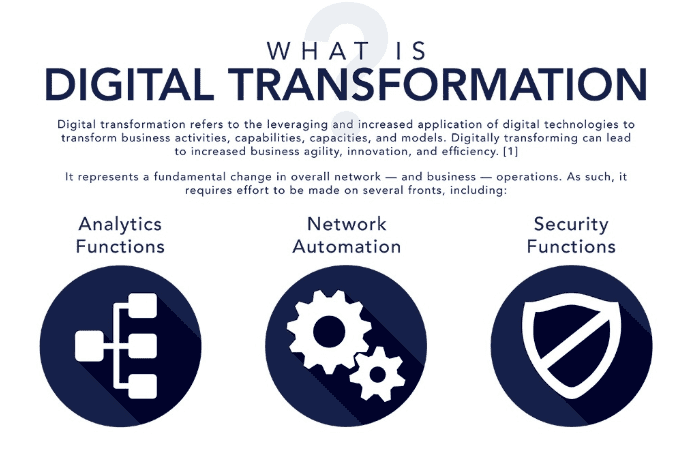The role of the CIO is changing

The role of the CIO is changing fast. Once viewed primarily as the gatekeeper of IT systems and infrastructure, the role of the chief information officer (CIO) has expanded into a core driver of strategic business success. Today’s modern CIOs are not just technology leaders; they are strategic partners aligning IT capabilities with business goals and enabling digital transformation.
From Service Provider to Strategic Partner
Historically, CIOs managed internal IT systems, ensured uptime, and kept costs under control. Now, the evolved role demands deep involvement in strategic business objectives. CIOs work closely with the C-suite to ensure technology investments directly advance company vision, support emerging technologies, and foster strategic partnerships.
According to insights from SAP, this shift means CIOs must bridge the gap between IT and every business function, translating technical possibilities into competitive advantages. In many industries, the CIO’s ability to drive innovation is now as critical as the CFO’s ability to manage financial resources.
If your CIO is tasked with modernizing IT infrastructure, see how our enterprise connectivity services integrate seamlessly with long-term technology strategies.
Navigating a Complex Business Landscape
The business landscape is evolving rapidly, with advances in AI, machine learning, and cloud infrastructure reshaping market competition. CIOs are expected to lead adoption of these technologies, delivering reduced costs, scalability, and agility. As Raconteur notes, technology leadership is now inseparable from corporate strategy.
At the same time, the CIO’s influence reaches far beyond IT operations. CIOs often oversee digital product development, data governance, and customer experience initiatives. Their ability to anticipate and integrate emerging technologies directly impacts the company’s long-term viability.
Learn how MHO supports CIOs in adapting to this shifting landscape with flexible bandwidth options that scale with your business needs.
Digital Transformation as a Core Mandate
Digital transformation is no longer a side project, it’s a fundamental driver of growth. CIOs play a pivotal role in identifying opportunities for automation, data-driven decision-making, and innovative customer engagement. As Intelligent CIO highlights, CIOs are now strategic enablers for change, ensuring that technology initiatives align with measurable business objectives.
This transformation requires balancing speed with governance. CIOs must ensure that innovation initiatives are secure, compliant, and scalable, without slowing the pace of competitive progress. Our secure network solutions are built to support this exact balance.
Continuous Learning and Adaptability
The evolving role of CIOs demands a mindset of continuous learning. As emerging technologies advance, modern CIOs need to keep pace through ongoing education, professional networks, and industry insights. Leaders featured in Korn Ferry’s research emphasize adaptability as a defining skill and those who can pivot quickly are best positioned to lead organizations through uncertainty.
Building Strategic Partnerships
CIOs increasingly work with external technology providers, consultants, and even competitors to achieve strategic partnerships. These alliances accelerate innovation, expand capabilities, and support long-term growth. As Two Roads Consulting explains, collaboration is a powerful way to harness industry expertise without reinventing the wheel internally.
The Road Ahead
The role of the CIO is changing into one of the most influential positions in the corporate hierarchy. Chief information officers (CIOs) are no longer simply ensuring operational efficiency, they are shaping the future of the business itself. In an era defined by rapid technological change, CIOs who embrace their role as strategic partners will be best equipped to drive innovation, adapt to shifting markets, and deliver on ambitious business objectives.
As the pace of transformation accelerates, one truth remains clear: CIOs who can combine technical expertise with strategic vision will define the next generation of industry leaders.




![[Infographic]: What is Microwave Transmission](https://blog.mho.com/wp-content/uploads/2017/10/Screenshot-2025-06-24-141523.png)

This article effectively highlights the evolving, strategic role of CIOs in digital transformation. The insights on balancing innovation with governance and the importance of adaptability are particularly valuable for understanding the modern CIOs impact on business success.